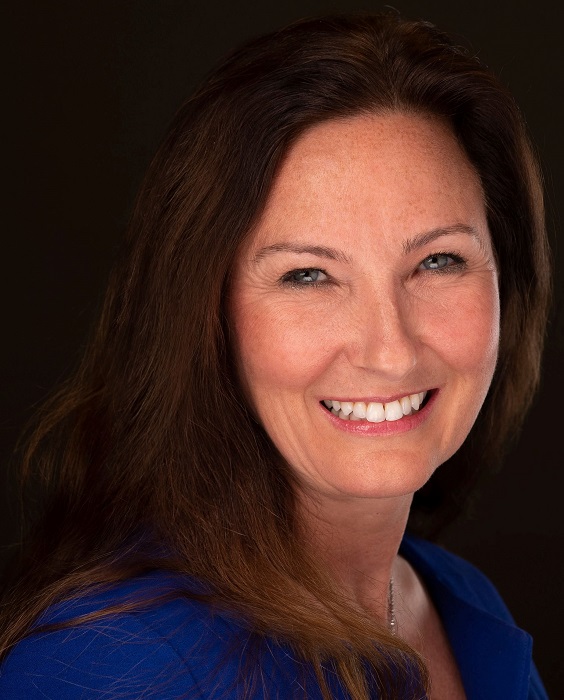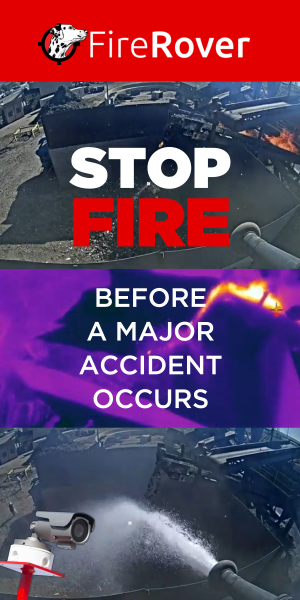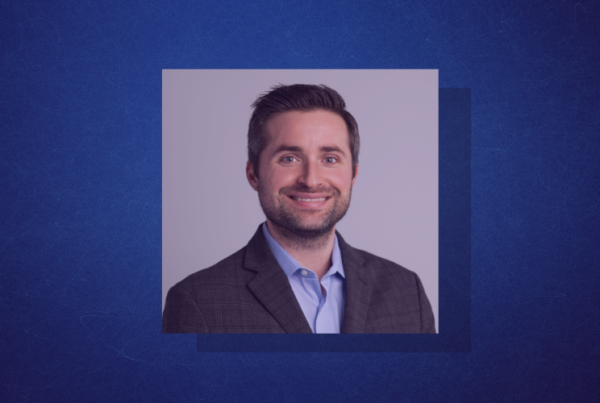In 2018, Elise Gautier was named chief risk and compliance officer at Sims Limited, thus beginning her sustainability journey. Three years in, she’s grown extremely passionate about the subject and its importance to protecting the planet. Gautier recently chatted with Scrap News about her sustainability journey, and the role Sims Limited is playing in preserving the earth and its resources for future generations.
Can you tell me about your career and how you became the chief risk and compliance officer at Sims Limited?
I started my career working in finance in France. My work eventually brought me to the U.S., and I decided to stay since all the new management theories I learned while studying business in France were coming to fruition in the U.S first. I eventually joined Deloitte & Touche, a consulting services company, where I held several positions. My husband and I spent a few years working in different countries and cities, so after two years of commuting to see each other, we wanted to be in the same city. He was in Chicago, and there was a great opportunity with Sims Metal Management, now Sims Limited, which had a Chicago office.

They were looking to retool their internal audit function. I joined as the group vice president internal audit. My role expanded to incorporate risk management. We also added ethics and compliance, Environmental Health & Safety (EHS), and sustainability functions to that role. That’s how I became the chief risk and compliance officer at Sims Limited.
Where did your experience in sustainability begin?
My journey with sustainability started at Sims. Initially at Sims, EHS, sustainability, and community were all under one umbrella. Because sustainability is such a big part of who we are and what we do, we separated sustainability from EHS so we could give the subject the focus it deserves, and to clearly articulate what type of company we want to be.
What does sustainability mean to you?
Sustainability means a lot of different things, but at the end of the day, it’s an intersection of people, planet, and profit. Sustainability is not just one of those components, it’s all of them. You can’t be a sustainable company if you don’t have the profit. You can’t be a sustainable company if you don’t address the social component of environmental, social, and governance (ESG) criteria, or the people. You can’t be a sustainable company if you don’t take care of the environment or the planet. For a company to be sustainable, it must address all three of these components.
During the August sustainability webinar you participated in, you said that Sims’ purpose is “to create a world without waste to preserve our planet.” How is the company working towards that goal?
Everything we do is about eliminating waste, and our different divisions help accomplish this. Sims Lifecycle Services offers ITAD (IT Asset Disposition) and electronics recycling solutions for businesses. Sims Metal buys, processes, and sells ferrous and nonferrous metal to manufacturers in 30 countries. Sims Municipal Recycling processes and markets more than 650,000 tons of municipal curbside material annually for New York City, Palm Beach County, Fla., and portions of New Jersey, Long Island, and Chicago. Sims Resource Renewal operates in line with the waste hierarchy by using material left over from the metal recycling process to create new products. Everything we do is about creating a world without waste, whether it’s waste we generate from ourselves or from others.
What are some of the company’s short-term and long-term goals?
Our short-term and long-term goals are closely aligned. Our sustainability goals cover fiscal year 2025 to 2042 and beyond, especially when it comes to tackling climate change. We want to have a positive impact on our environment and society while creating value for our stakeholders. We are looking to extract more value from the discarded materials we process, and take measures to reduce our carbon footprint and other environmental impacts as we operate our facilities. For example, we are converting our electricity contracts to electricity from renewable sources and are building our first Resource Renewable plant in Australia, which will convert our Auto Shredder Residue (ASR) into new products instead of sending it to a landfill. The health and safety of our employees is key to us and we relentlessly focus on eliminating and mitigating risks and hazards that could lead to injury. In fiscal year 2021, we were able to decrease the number of critical incidents by 52% compared to last year. We’re making good progress.
Why should others be as passionate about sustainability as you and Sims Limited?
We can’t sustain the world the way we’ve been living. The world is facing several challenges, like climate change, and recycling can help address some of these challenges. By recycling what we already have or reinjecting what we discard back into the economy, not only are we allowing the planet to replenish itself, but we’re also using a lot less electricity and preventing pollution by diverting materials that otherwise would have gone to landfills, and reducing carbon emissions, as it is less carbon intensive to produce new products from recycled material than it is from virgin materials. Being sustainable is the only real path forward for the planet if we want to leave a healthy planet for future generations. We need to act and contribute to saving our planet. And we can do it. We have to. It’s an imperative at this point, it’s not a luxury.
Photo courtesy of Elise Gautier.










